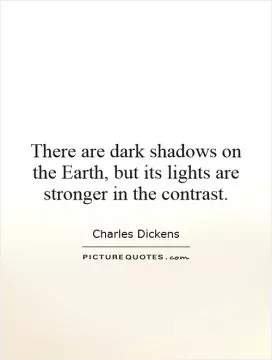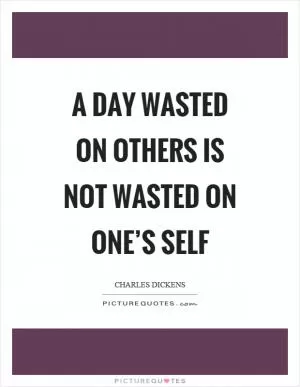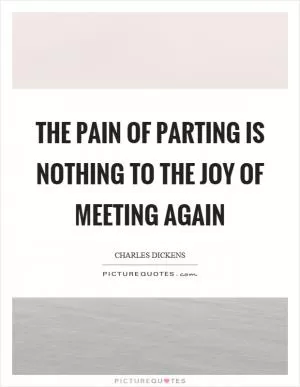O Mrs Higden, mrs Higden, you was a woman and a mother, and a mangler in a million million

O Mrs Higden, mrs Higden, you was a woman and a mother, and a mangler in a million million
In Charles Dickens' novel "Our Mutual Friend," the character of Mrs. Higden is a complex and tragic figure who embodies the struggles of poverty and the harsh realities of life in Victorian England. The quote "O Mrs Higden, Mrs Higden, you was a woman and a mother, and a mangler in a million million" speaks to the profound empathy and understanding that Dickens had for characters like Mrs. Higden, who are often overlooked and marginalized in society.Mrs. Higden is a poor, elderly woman who works as a "mangler," or laundry worker, to make ends meet. She is a widow with no family or support system, and she lives in squalid conditions in a run-down tenement. Despite her difficult circumstances, Mrs. Higden is portrayed as a kind and caring woman who looks out for others in her community, particularly the orphaned child, Johnny.
The quote highlights the dual nature of Mrs. Higden's character - she is both a victim of her circumstances and a strong, resilient woman who does her best to survive in a harsh and unforgiving world. Dickens emphasizes Mrs. Higden's humanity and dignity, despite her poverty and social status. By calling her a "mangler in a million million," Dickens acknowledges the hard work and sacrifice that Mrs. Higden has made to provide for herself and others.
Through the character of Mrs. Higden, Dickens shines a light on the plight of the poor and marginalized in society, and challenges his readers to see beyond stereotypes and prejudices. Mrs. Higden is not just a nameless, faceless figure in the background of the story - she is a fully realized character with hopes, dreams, and struggles of her own.












 Friendship Quotes
Friendship Quotes Love Quotes
Love Quotes Life Quotes
Life Quotes Funny Quotes
Funny Quotes Motivational Quotes
Motivational Quotes Inspirational Quotes
Inspirational Quotes